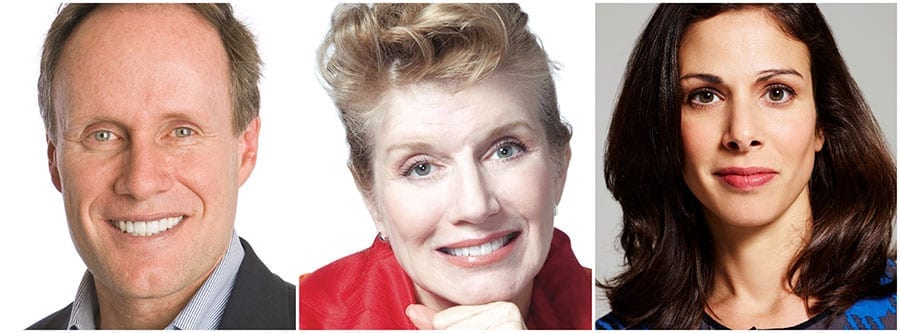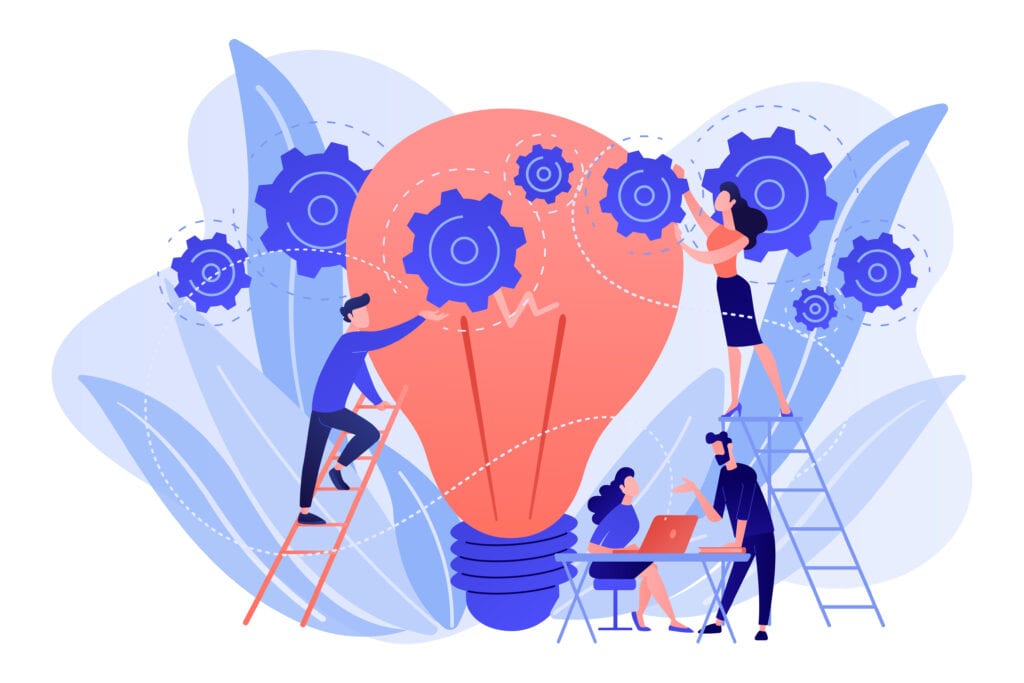
Trust has been widely discussed by speakers of the World Business Forum, organized by World of Business Ideas (WOBI), in Sydney for the last two years. I am sharing the key points of three authors from their respective sessions.
Stephen M.R. Covey, author of “The Speed of Trust: The One Thing That Changes Everything” shared that Trust is about character and competence. He quoted Salesforce.com CEO Marc Benioff when asked: “What’s the most important thing to your company? Is it trust or is it growth?” and his answer was “Trust”.
In the said talk, Mr. Covey expounded on Trust with three key ideas:
- Trust is an economic driver, not merely a social virtue because Trust increases speed and reduces cost.
- Trust is the number one leadership competency needed to initiate change (more than “command and control”) because it makes the leader better in other competencies like building teams, collaboration, innovation engagement and being agile as it increases the two Trust dividends – energy and joy.
- Trust is a learnable skill with two building blocks – credibility and behavior. Credibility entails integrity, intent, capabilities, and results, while behavior is a declaration of your intent or your “why”.
Similarly, Martha Rogers, co-author of “Extreme Trust: Turning Proactive Honesty and Flawless Execution into Long-Term Profits” shared that 84% of marketers agree that building customer trust will become marketing’s primary objective as many of today’s common marketing practices are becoming “untrustable”, so increasing Trust is important to a firm’s bottom line.
She shared two Trustability metrics or requirements for earning Trust: doing things right and doing the right thing proactively.
Customer satisfaction surveys are not always reliable because some are hard graders. Ms. Rogers recommended a set of customer-friendly key performance indicators (KPIs) focused on Trust that can be adopted:
- Net promoter score. This determines the customer’s willingness to recommend to others, but do note the need to identify whether the intent is to recommend significantly or a little.
- Vulnerability score. A feedback metric similar to the Negative Resolution Rate (NRR) of Amazon.
- Customer lifetime value between actual and potential.
- Customer equity.
- Return on investment (ROI) on customer.
- What is on management dashboard about customers.
In addition, Oxford Professor Rachel Botsman, author of “Who Can You Trust?” talked about Trust in the digital age. She pointed out that Trust is fundamental to every action, relationship and transaction and is the currency of interaction. When there is risk, Trust is required.
Ms. Botsman also said that Trust is highly contextual and that there are two enemies of Trust – bad character and poor information. She, therefore, specified the four connected measures of Trustworthiness – Competence and Reliability make up Capabilities or how you do things and Integrity and Benevolence make up Character or why you do things. Finally, when broken, Trust can be rebuilt in four steps:
- By being responsive
- By having empathy
- By being accountable
- By giving assurance
Trust is the new currency. Transactions can be free-flowing without interruption. Just look at the world today when many countries do not trust each other, when many companies do not trust each other, or even when relationships cannot be trusted.
* * *
Josiah Go is Chairman and Chief Innovation Strategist of Mansmith and Fielders Inc. The next World Business Forum in Sydney will be on May 27-28, 2020.


